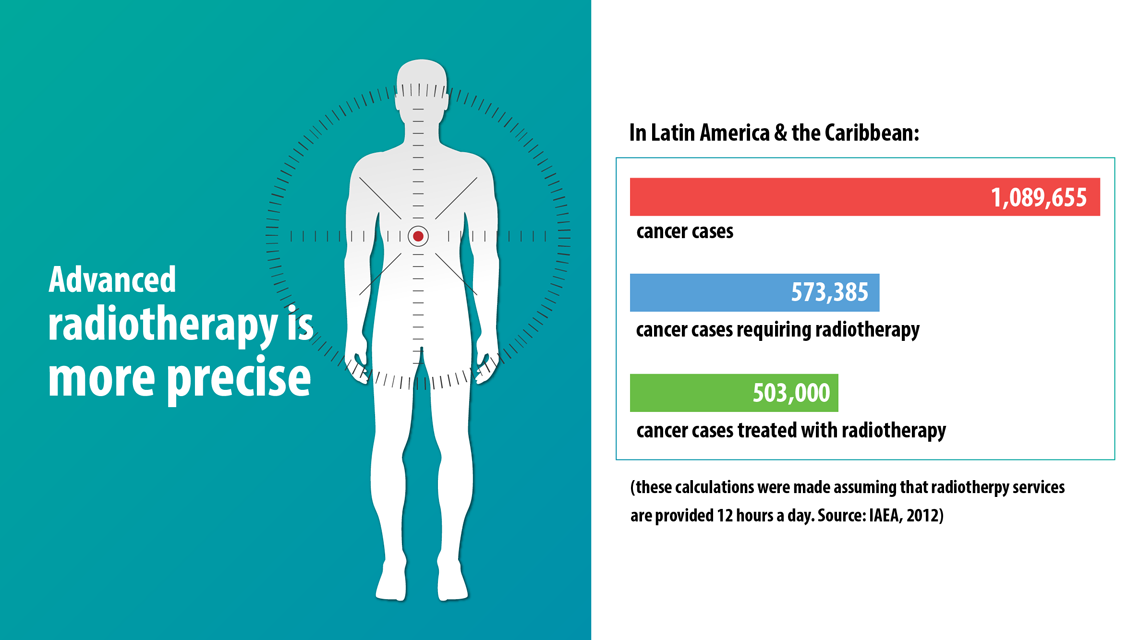The first IAEA-supported Masters course on advanced radiotherapy started today, with the aim to overcome the shortage of qualified radiation oncologists in Latin America.
“The advance in radiotherapy has been so quick since the mid-1990s that many countries in Latin America are left behind,” said Eduardo Zubizarreta, Head of the Applied Radiation Biology and Radiotherapy section at the IAEA. “There is a gap in the region that we are trying to fill.” This is the first time the IAEA supports a course of this type in advanced technology.

